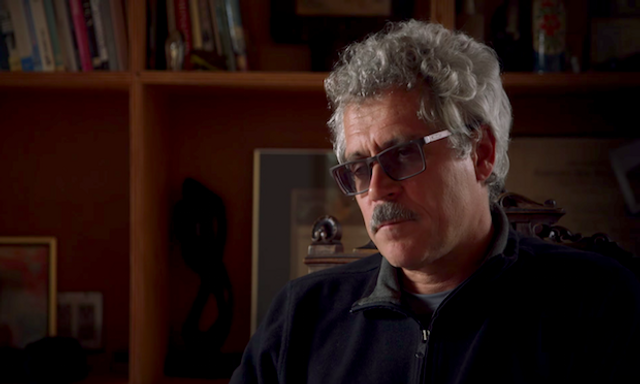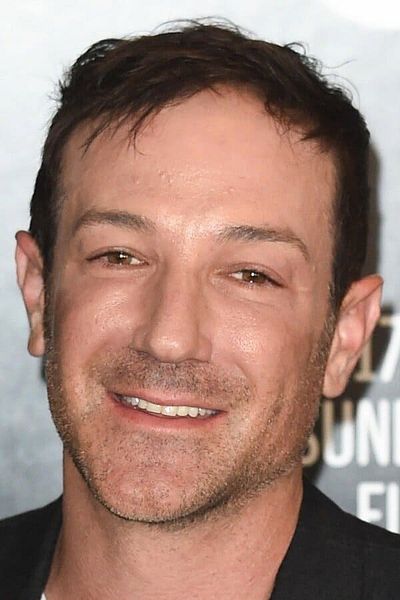Performance-enhancing drugs are often associated with the sport of cycling, and it's no surprise that Icarus and standup comedian-turned-documentarian Bryan Fogel opens Icarus with this.
It's a clever way to bring in the audience, because the initial conceit of Icarus is that it's Super-Size Me With PEDs. Fogel plans to inject himself with drugs and the like to help him win an amateur cycling race, document his methods and then how he plans to evade the doping tests to prove how easy it for anyone to do. The whole first thirty minutes or so of the film is made up of Fogel injecting himself in the leg, and later in the ass-cheek, and collecting urine samples. As he goes along with his program, he enlists the help of Russian anti-doping scientist Grigory Rodchenkov - who's every bit the crazed scientist a name like that suggests.
Through Skype interviews, we see a relationship - however odd it may seem - develop between Rodchenkov and Fogel, who continues to cycle and inject himself as the program begins to take hold. It's only when Rodchenkov makes a passing comment about a German TV documentary about his anti-doping scandal that we begin to get a sense of what's really going on. From there, the film slowly begins to shift gears and, eventually, Fogel trying to turn himself into Lance Armstrong is dumped in favour of something far larger and more dangerous than anyone could initially expect.
Without giving too much away, it's revealed that Rodchenkov has been part of a concerted effort by the Russian government and its sporting apparatus to conceal the use of PEDs in order to win medals. The level of corruption that's revealed by Rodchenkov is truly staggering, and the degree to which Putin - as in, Vladimir Putin - is involved is equally so.
It makes sense that Fogel dropped his own story quickly for the much larger and far more interesting, and after a certain point, it's never referenced or mentioned again. The focus quickly shifts to Rodchenkov's own story, and his own unique personality. The film uses lines from Orwell's 1984 - a book that Rodchenkov is obsessed with - to carry through how the scientist was able to be Russia's top anti-doping specialist and, in the same breath, take part in an effort to dope that was coordinated with the help of the highest levels of government, and the successors to the KGB, Russia's feared FSB.
The tone of the documentary is that of a thriller, and like the best thrillers, there's twists and turns along the way that'll keep you glued to your chair. Icarus does a good job of keeping the facts in focus, but very often, the music and visual flourishes can become somewhat overbearing and it can feel like it's gussying up the facts instead of letting them speak for themselves. After all, the stuff that comes out of Rodchenkov's mouth is incredible enough on its own. That said, it's a minor complaint and a stylistic choice by Fogel and the editors, rather than one necessary to keep the audience engaged.
Overall, Icarus is a fascinating deep-dive into the black heart of international athletics and the use of PEDs. You'll never look at the Olympics - or any sport for that matter - in the same way again after seeing this.












































































